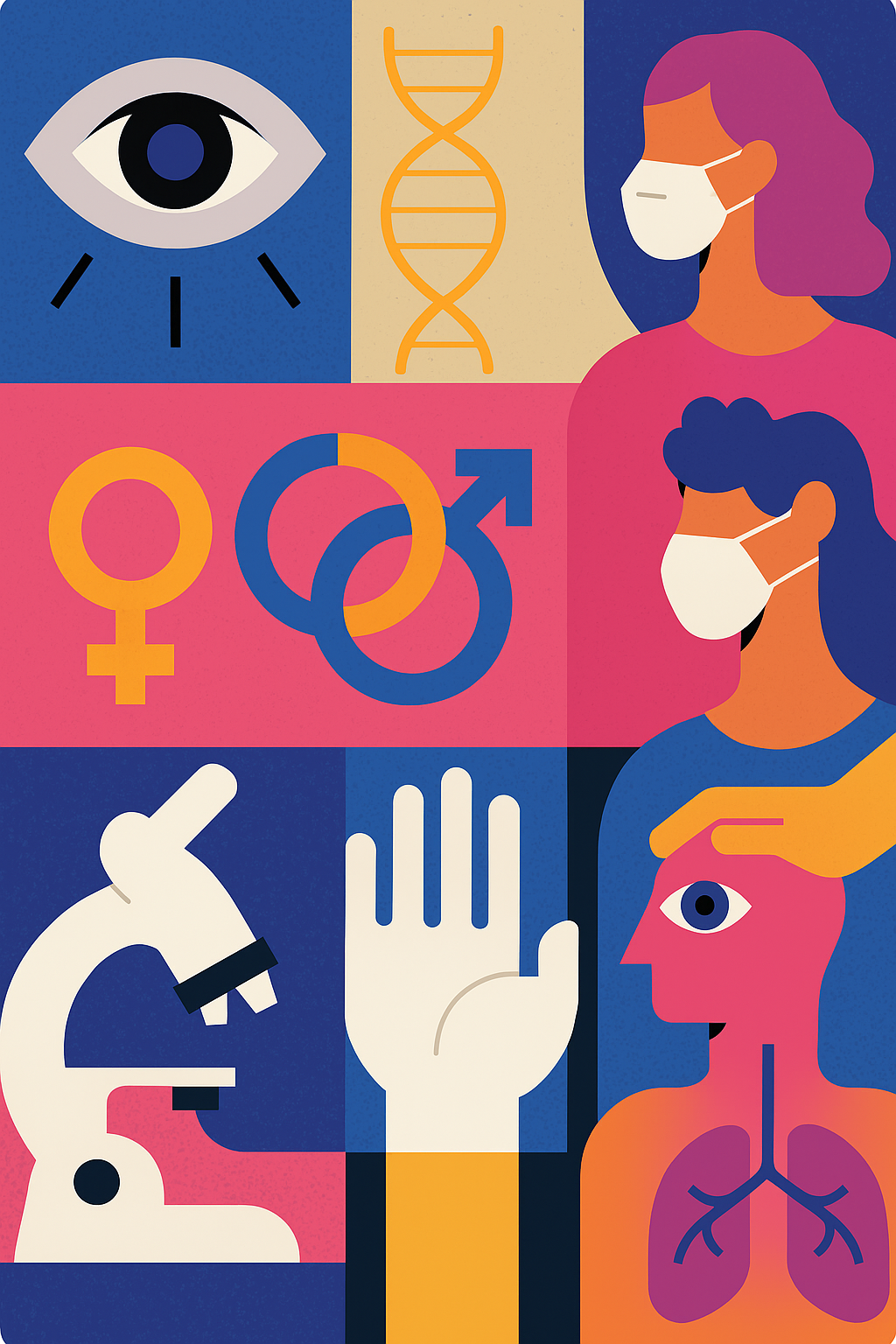The MESSAGE Project
The MESSAGE (Medical Science Sex and Gender Equity) project aims to improve the integration of sex and gender considerations across data collection, analysis and reporting in biomedical, health and care research in the UK.
This initiative is bringing together stakeholders from across the UK to co-design a sex and gender policy framework for funding and regulatory organisations and supporting policy implementation across the UK research sector

Ensure your research complies with new UK sex and gender policies
The MESSAGE policy framework, training materials for researchers and funding organisations, an annotated bibliography (to understand sex and gender dimensions identified in previous research in your field), and further resources about how to integrate sex and gender in your work will be launched on this website in 2024.
If you have any questions, please do not hesitate to contact us

How can this website help you?
Sex & Gender E-learning Module
Learn how to integrate sex and gender into biomedical and health research to improve outcomes and equity.
